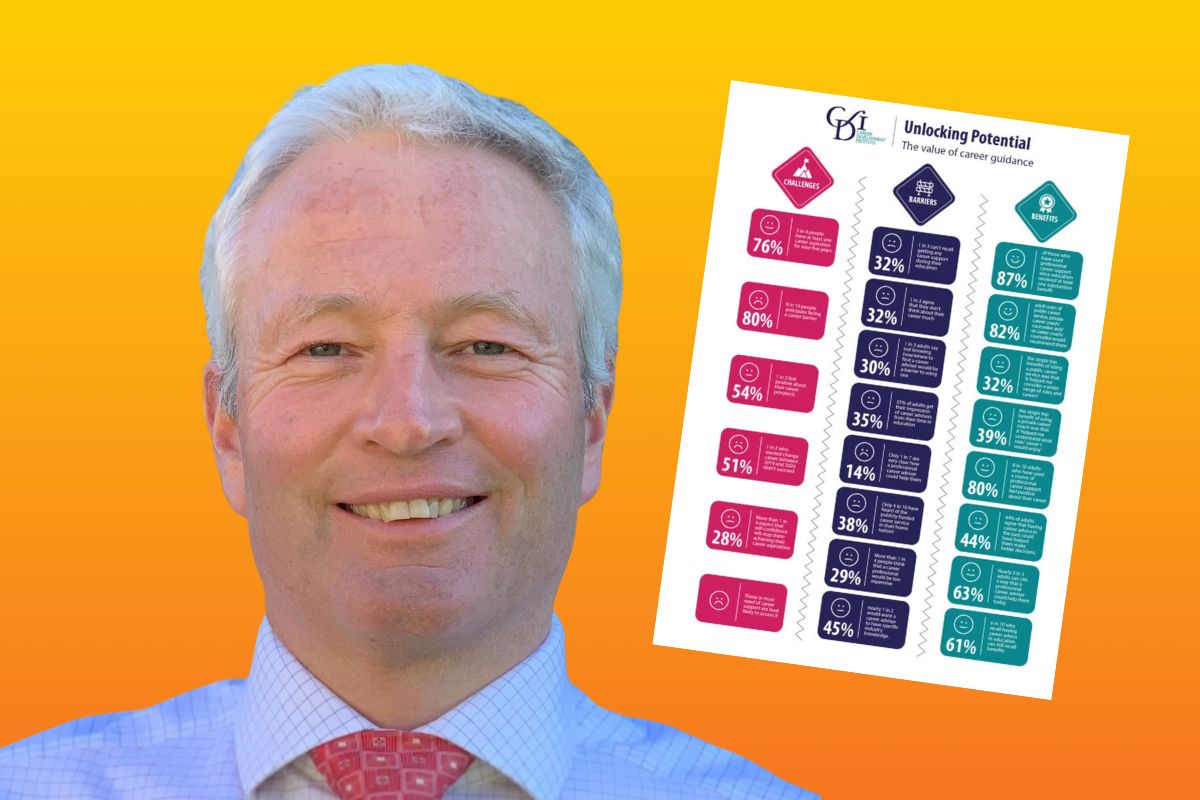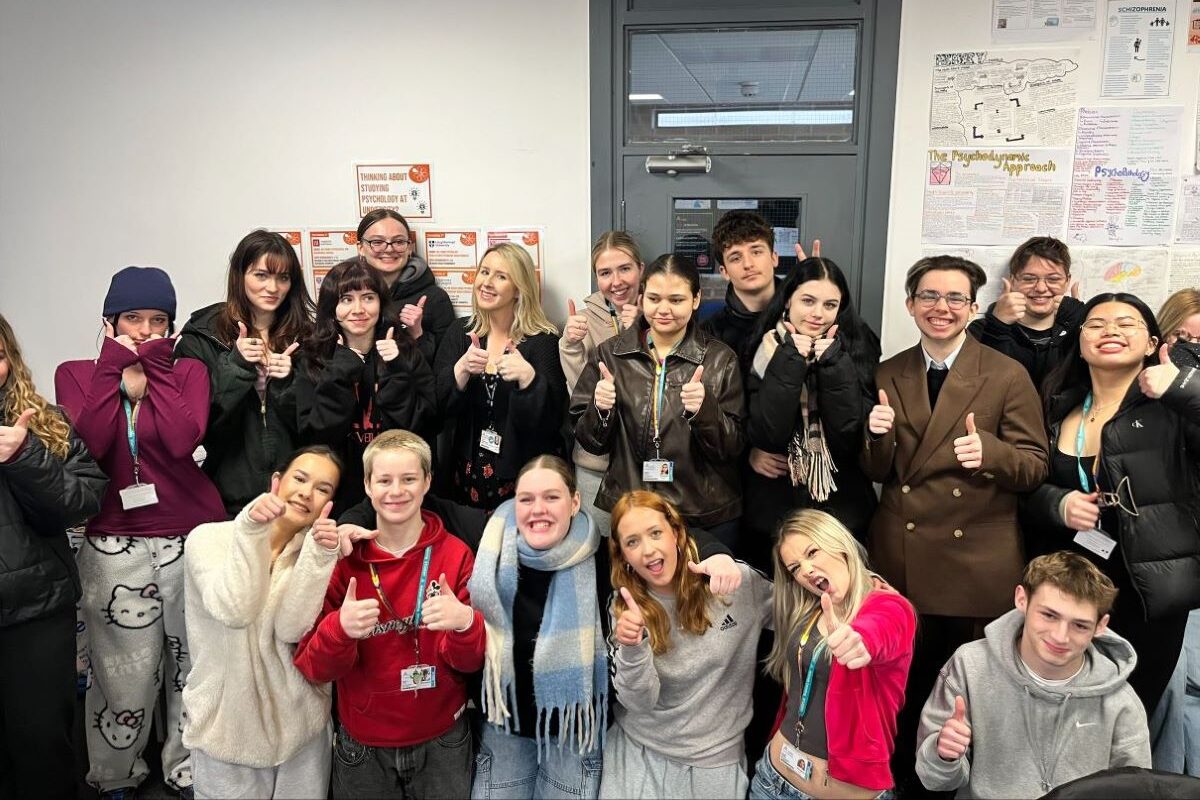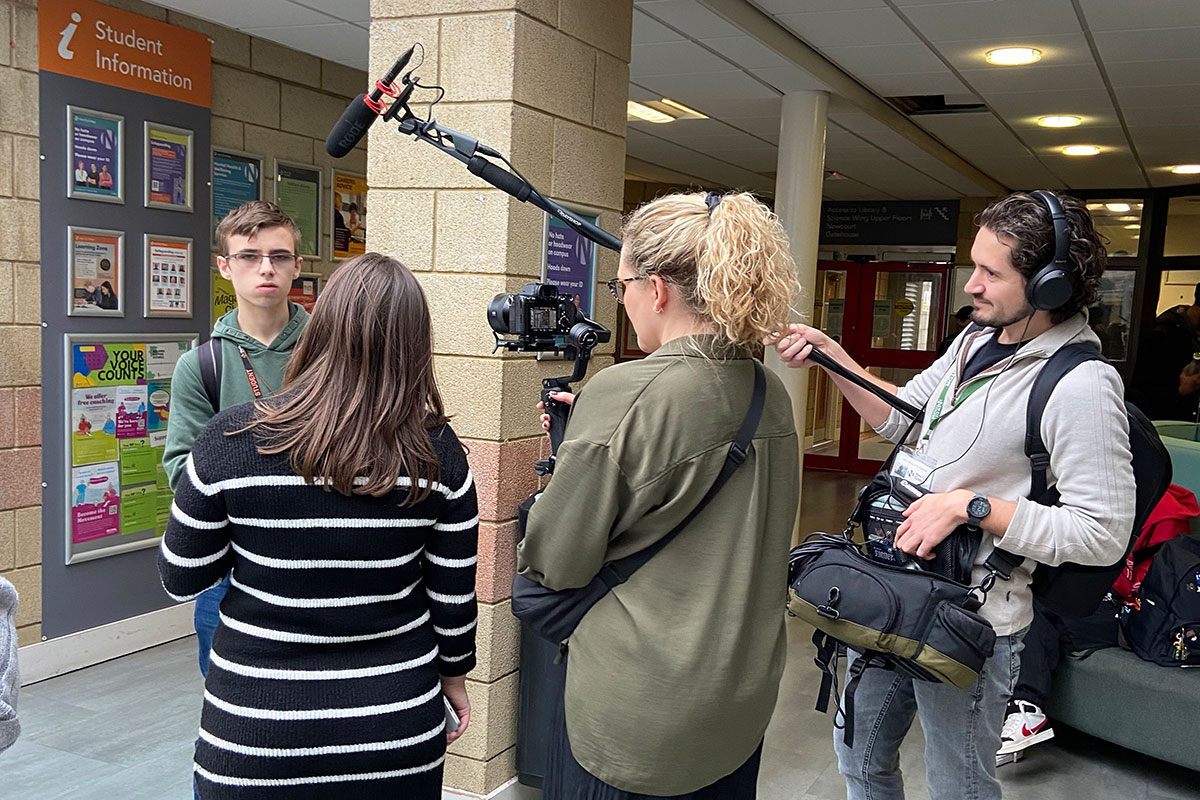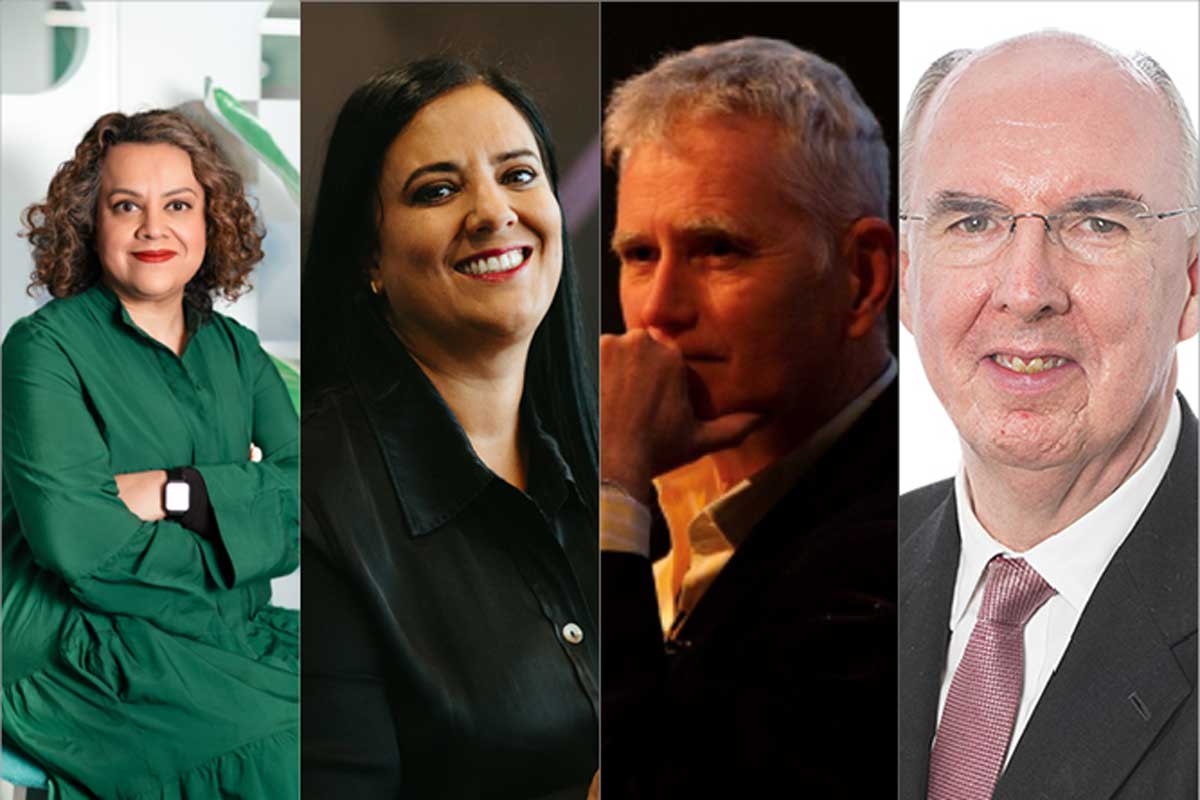Experimenting with learning – thinking, doing and leading differently

In this article, Claire Hewitt looks at how experimenting in management education creates safe learning communities.
The turmoil of the last few years has provided a catalyst for thinking, doing, leading and learning differently. Business leaders and executive learners are still reeling from the pandemic and unpicking what it means for the way they work. Organisations across all sectors have experienced a seismic shift.
Added to this, the 4th industrial revolution has created endless data and noise, causing distraction and disconnection in workplaces. The psychological and physical spectrum has moved, and in many instances, people have gone from stretched to stressed. Workers have become intellectually and emotionally exhausted.
When people come to us for executive learning, this is the headspace we often find them in. As a result, the rules of learning have been broken.
One thing above all has emerged: the need for psychological safety. We’re all seeking a diversity of opinion, experience and ideas, but these can only be effectively heard and acted upon in a safe and trusting environment. As leaders cultivate this space for their staff, organisations need to cultivate that space for their learning.
To create these environments, at Henley, sacred cows went out of the window. We believe that learners need to be seen much more holistically, with their humanness at the fore. They need to be seen for their diverse portfolio of skills, values, experiences and attitudes, which demands a far more democratic and human-centric approach.
To build non-hierarchical learning communities, our learning cohorts no longer need to comprise people of similar status in the hierarchy. It is no longer a prerequisite to design the entire learning journey upfront so you know exactly what you are going to do. The learning must no longer rigidly revolve around a leadership competency framework.
It is less about diversity of profile – religious belief, sexual orientation, ethnicity and so on, but about diversity of thinking. Learning more than ever needs to engender the skills of asking better questions and listening with more open attention to what is being said. This feeds the ability to problem-solve, and to take different and more informed and creative approaches to decision-making.
Benefits of safe learning environments
The absence of these sacred cows gives rise to safe learning communities, where tacit trust and psychological safety thrive. The psychological contract is clearly agreed – here is where diversity of thinking thrives, driving experimentation and innovation.
Catalytic leaders of tomorrow draw energy and sustenance from these environments. Learning tutors need to have high levels of personal awareness and commercial and practical consciousness in these environments. With attention firmly focussed on their learner-leaders and freed from pre-set schedules, they can design just-in-time sessions which meet the specific needs of their groups. Bringing in the right subject experts, or external organisations, or expert facilitators – such as musicians – they can use a myriad of styles and interventions which keep the learning fresh, diverse, innovative and inspiring.
Focus learning around live business issues
When we’ve established safe learning environments, we can then shift to focus on experiential learning. Connecting learning to practice will equip executives to challenge disconnection in their workplaces, Blurring the lines between working and learning, ideas can be better applied to real-life situations. There is so much rich, raw material for learning in live business challenges and executive learning providers should use it. Working in smaller, facilitated groups encourages inter-dependent development, bringing the real world in and an imperative for commercial business delivery. Learners can experiment more easily with new ideas and ways of working.
All of this heightens and intensifies personal development, through facilitation, mentoring and coaching, at the same time as skills development. It shifts the learning from transactional event to transformational journey, using experiential, highly tailored learning as the catalyst.
The return on investment is palpable.
By Claire Hewitt, Director of The Henley Partnership
Claire is Director of The Henley Partnership, a membership organisation where corporate members determine the topics which form an annual programme of short, sharp learning sessions delivered to their senior leaders and high potential managers. Previously, her commercial background is in marketing and innovation, focussed in FMCG and retail, latterly as Group Retail Marketing Director for British Airports Authority.











Responses